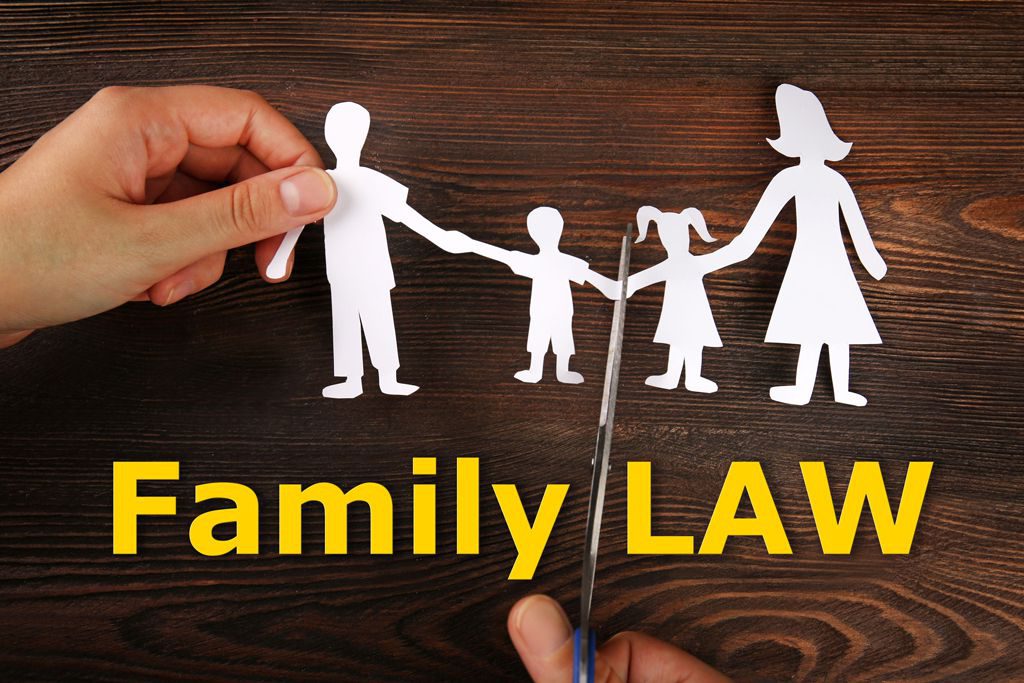
In cases decided under the Family Law Act the general principal is that the Family Court does not make an order that one party to the proceedings will pay the other party’s costs of the proceedings. Usually each party is to pay their own legal costs. However, there are exceptions to this general principal. Section 117 of the Family Law Act provides the circumstances in which the Court may order one party to pay the other party’s costs.
What will the Judge consider in deciding whether one party will pay the other party’s coss of the proceedings?
Before a Judge makes a costs order that one party pay the other party’s costs, the Judge gives each party an opportunity to put their case forward as to why the Judge should or should not make such a costs order.
The Judge must be satisfied that there are circumstances which justifies the making of the order having regard to the Family Law Act and the cases dealing with the Act. The Court will consider those factors referred to in Section 117(2A) of the Act namely:
- the financial circumstances of each of the parties;
- whether a party is in receipt of Legal Aid?
- whether the party has conducted himself or herself properly?
- whether the party has complied with the requirements of the Court as to the preparation of the case and compliance with Court orders made from time to time?
- whether one party’s case or a particular discrete part thereof has been without merit or the party is wholly unsuccessful?
- whether there has been an appropriate offer of compromise and whether a party has rejected what would have been an appropriate offer to accept?
- whether the case commenced by a party or the defence of a case is frivolous or vexatious?
- such other matters as the Court considers relevant.
A party seeking a costs order can make an application either during the case if appropriate or within 28 days of the final determination of the matter.
How can I protect myself against a Costs Order and/or improve my opportunity of obtaining a Costs Order in my favour?
Firstly, a party can put themselves at risk that he or she will be ordered to pay the other party’s costs order in the event that:
- They do not conduct the litigation in an appropriate manner, namely, for example failing to comply with the rules and regulations relating to initial discovery, disclosure, complying with Court orders and proper preparation of the matter as required by the Court; or
- Failing to accept an offer that is put by a former spouse or partner during the process.
- Secondly, a party can protect their position and hopefully obtain an order in circumstances where the party makes an appropriate offer of settlement which is not accepted by the other party.We highly recommend that you make an appropriate offer to settle matters with your former partner. We refer you to our further Article dealing with offers.
What is required to make the application?
If one party makes an Application for Costs then it is critical that the appropriate evidence be put before the Court to enable the Court to consider all the relevant matters to determine such an application. The order that will be made by the Court will depend on the conduct of the parties and what is said that a party should not have done or should have done which results in the consideration of the costs order. It is critical if you are making the application or defending the application to take this aspect seriously and prepare the appropriate evidence.
What costgs may be payable?

The Court could order a party to pay costs of the other party:
- On an ordinary basis. This is a limited basis and would be essentially on the basis of the minimal attendances required by a party to do justice between the parties. This will be significantly less than the actual costs that a party would expect to pay; or
- At a fixed figure as determined by the Judge. This would be unusual; and/or
- However in what is regarded as exceptional circumstances a Court may order costs on an indemnity basis. This means that the losing party will be ordered to pay all costs reasonably incurred by the successful person with the benefit of the order. Watson & Watson acted on behalf of the wife in the case Kohan v Kohan in 1993 which confirmed the Family Court had power to award costs on an indemnity basis. There is no defined class of cases in which indemnity costs have been ordered against a party, however, it would usually require significant disregard to the processes and/or the rejection of an offer properly framed which was made by a party and rejected or not accepted by the other party in circumstances where the party rejecting the offer received a significantly lesser successful outcome at the hearing of the matter.
